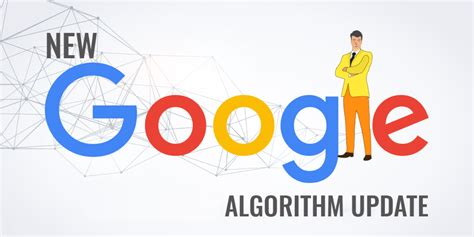The latest update to Google’s search algorithm has sent shockwaves through the digital community, signaling a seismic shift in how the internet operates. With a focus that seems to prioritize generative AI models over traditional search methodologies, many small content creators and niche website owners are left scrambling to adapt or survive in this new landscape. Google’s pivot towards leveraging AI to generate content directly within search results marks a departure from its original mission of indexing and making easily discoverable the vast swathes of information on the web.
In this evolving ecosystem, the role of small content creators is becoming increasingly tenuous. As highlighted by one concerned user, these updates could effectively bulldoze small publishers out of existence. This concern isn’t unfounded; the increasing dominance of AI-generated answers directly within search results means that users may no longer need to navigate to individual sites to find answers. Consequently, the traditional model of small blogs or niche websites thriving through organic search traffic is at risk of becoming obsolete.
A notable perspective from the comments is that generative models like Google’s new one are architecturally distinct from traditional search algorithms. These models create content rather than simply finding it. This fundamental difference reshapes the business model and interaction paradigm for users. Instead of providing gateways to information through links, generative AI serves answers directly, thereby reducing the incentive for click-through to the original content sources. This could potentially lead to an ecosystem where advertising and sponsorship increasingly drive content creation and presentation.
In the context of competition and user satisfaction, some argue that generative AI solutions are inevitable, given the inefficiencies of traditional search methods. With rivals like OpenAI, Meta.ai, and others pushing the boundaries, Google’s strategic shift is seen as a response to maintain its leadership in the information retrieval space. Yet, this pivot could usher in an era where AI-generated responses eclipse human-created content, raising concerns about the veracity and authenticity of information.
Compounding these challenges are the monetization pressures faced by Google. As noted, Google’s dual role as a search engine and an ad-tech giant creates inherent conflicts of interest. Prioritizing ad revenue means that search results might favor more commercial, ad-friendly content over genuinely informative or diverse perspectives. This shift is already palpable, with users reporting a decline in search result quality and an increase in ad-laden, low-quality websites. The risk is that generative AI could be skewed to favor content that aligns with Google’s sponsorship and advertising goals, rather than user interests.
Yet, amidst these changes, there are emerging alternatives. Users disillusioned with Google’s trajectory are exploring other search engines like DuckDuckGo, Brave, and Kagi, seeking experiences that prioritize quality search over ad-centric results. These platforms offer promising features, such as user-custody of search results and ad-free environments, pointing to a growing appetite for better alternatives in web navigation. Platforms like DuckDuckGo emphasize privacy and unbiased results, and Kagi offers a subscription-based, no-ads search experience, indicating that a market for quality search still exists.
Ultimately, Google’s latest algorithm update signifies more than just a technical tweak; it represents a broader shift in how digital content is curated and consumed. As generative AI increasingly handles the task of information retrieval, the digital community must grapple with the implications for content authenticity, small creator viability, and the overall quality of internet browsing. This pivotal moment calls for a renewed focus on curating genuine, high-quality content and perhaps a resurgence of user-driven directories and blogrolls that can provide an alternative to AI-dominated search ecosystems.


Leave a Reply